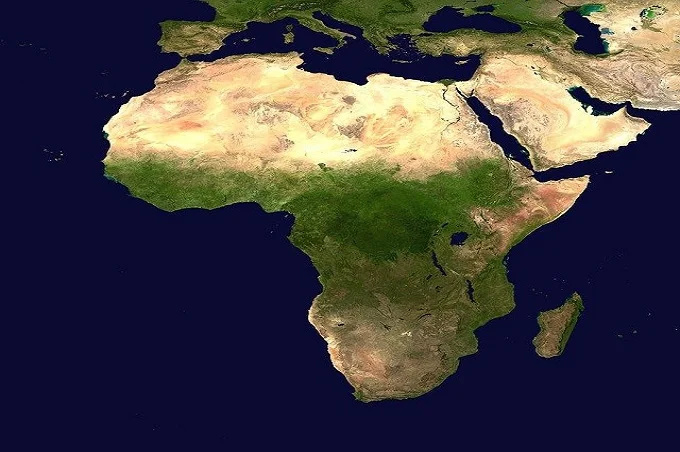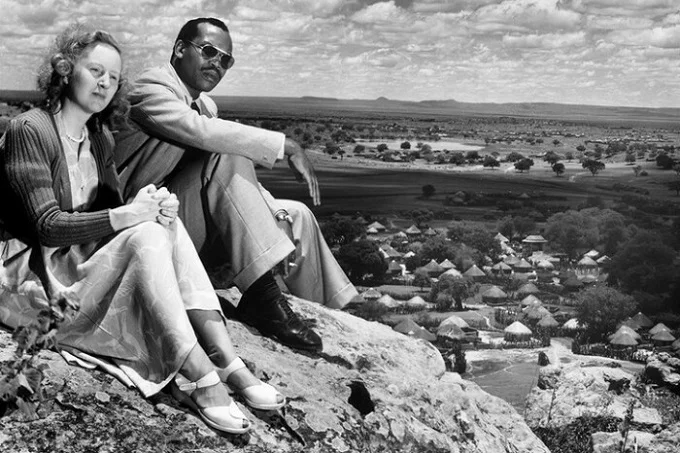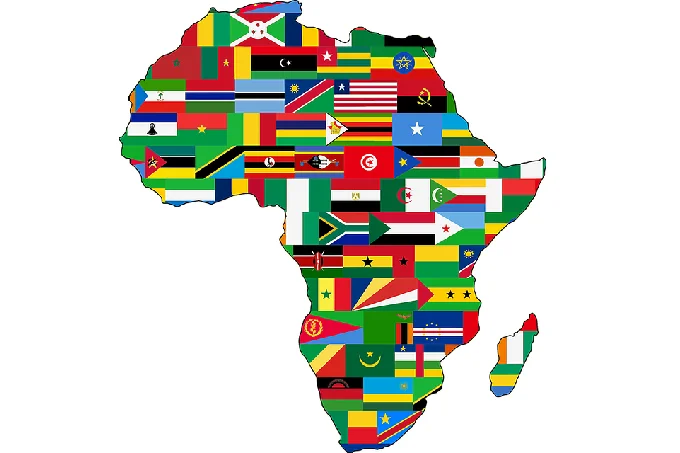Botswana: President Seretse Ian Khama leaves power

Botswana President Seretse Ian Khama is due to officially return the country on Saturday (March 31st). He leaves power 18 months before the end of his term and general elections and this in order to respect the Constitution which limits to 10 years the reign of a head of state in the country.
Vice President Mokgweetsi Masisi is to succeed him, he should take an oath on Sunday. A transition hailed as almost exemplary in Africa.
“I was a soldier, I had no interest in getting into politics,” said President Ian Khama this week on his farewell tour. Adding: “I have lots of plans for the future.”
After two terms, President Khama withdrew, leaving behind him the image of a virtuous, rigorous and outspoken leader.
He is one of the few leaders on the continent to have openly rejected the regime of former Zimbabwean President Robert Mugabe.
One of the few also to recognize the International Criminal Court and to oppose the Sudanese President Omar el-Bashir and also one of the few to challenge Beijing’s wrath by inviting Tibetan spiritual leader Dalai Lama.
Under his leadership, Botswana experienced a period of strong economic growth boosted by exports of diamonds and beef. Even if his opponents deplore the dependence of the economy on commodities.
The leader of Botswana, however, is not exempt from reproach. Critics point to the authoritarian methods of this former soldier. Ian Khama however leaves a country ranked among the first of the index of good governance in Africa by the Mo Ibrahim Foundation.
“A man of discipline”
According to Maundeni Zibani, a political analyst, President Khama leaves a positive assessment: “He was a man of discipline. A man who tried to put some order in the unions, in organizations representing young people. It has certainly introduced a certain discipline in the world of work and among youth. He also tried to revive the culture of the country, he is a man passionate about culture. He focused on reducing poverty and improving the lives of the people, including housing for the poorest. It leaves a stable economy – although it is indeed very dependent on diamond prices. It has some corruption here and there, but overall public finances are stable.”




